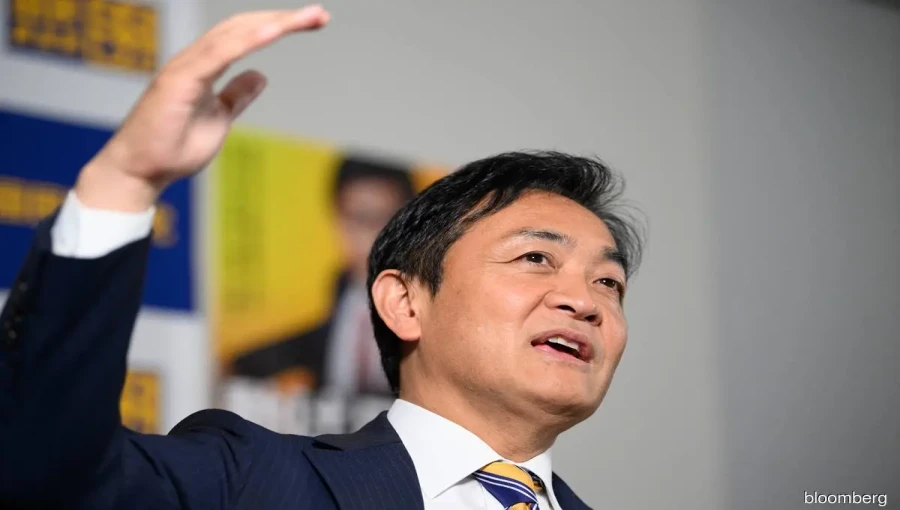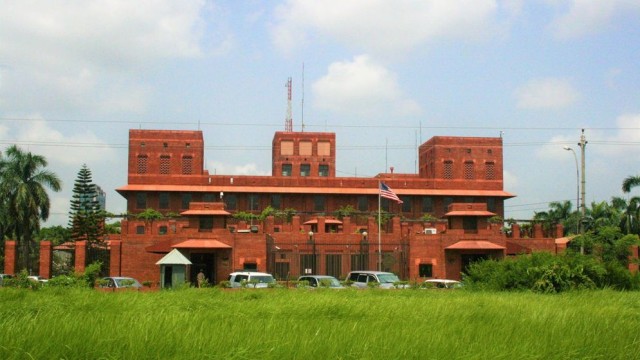Yuichiro Tamaki, leader of Japan’s Democratic Party for the People (DPP), has emerged as a key figure in Japanese politics, advocating bold fiscal policies to revive a deflation-plagued economy. A former finance ministry bureaucrat, Tamaki drew inspiration from Janet Yellen’s “high-pressure economy” concept, emphasizing aggressive tax cuts and welfare spending to boost demand and counter decades of economic stagnation.
Following the October 27 election, which left the ruling Liberal Democratic Party (LDP) with a fragile minority, Tamaki’s DPP has gained leverage in shaping economic policy. His proposals include raising the tax-free income allowance, temporarily halving the consumption tax, and lowering gasoline taxes, policies that resonate with younger voters but spark concerns among fiscal conservatives about Japan’s already staggering public debt.
While Tamaki criticizes Abenomics for failing to deliver robust wage growth or domestic demand, his ideas face pushback from the finance ministry and some economists. Critics argue that his measures could stoke inflation, undermine investor confidence, and exacerbate Japan’s debt burden, which exceeds 200% of GDP. Proponents, however, see potential for revitalizing consumer spending and fostering economic growth.
Tamaki’s unconventional trajectory—from a rural upbringing and bureaucratic career to opposition leadership—mirrors his rejection of traditional fiscal conservatism. His rise, however, has been marred by personal scandals, although his party remains supportive.
As Japan navigates economic challenges, Tamaki’s policies represent a sharp pivot from orthodox approaches. Whether his vision can balance short-term stimulus with long-term stability remains a critical question as the ruling coalition negotiates his proposals.































Comment: